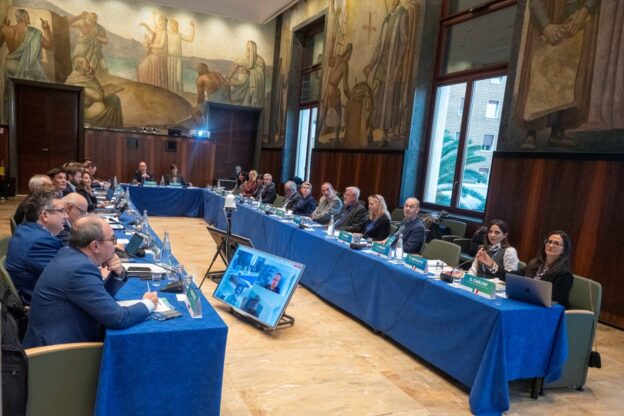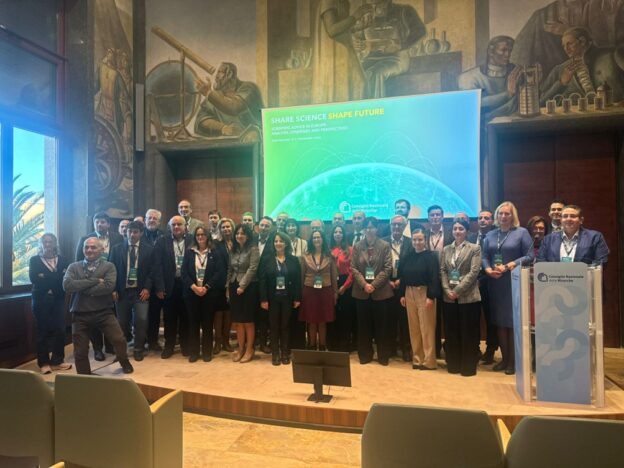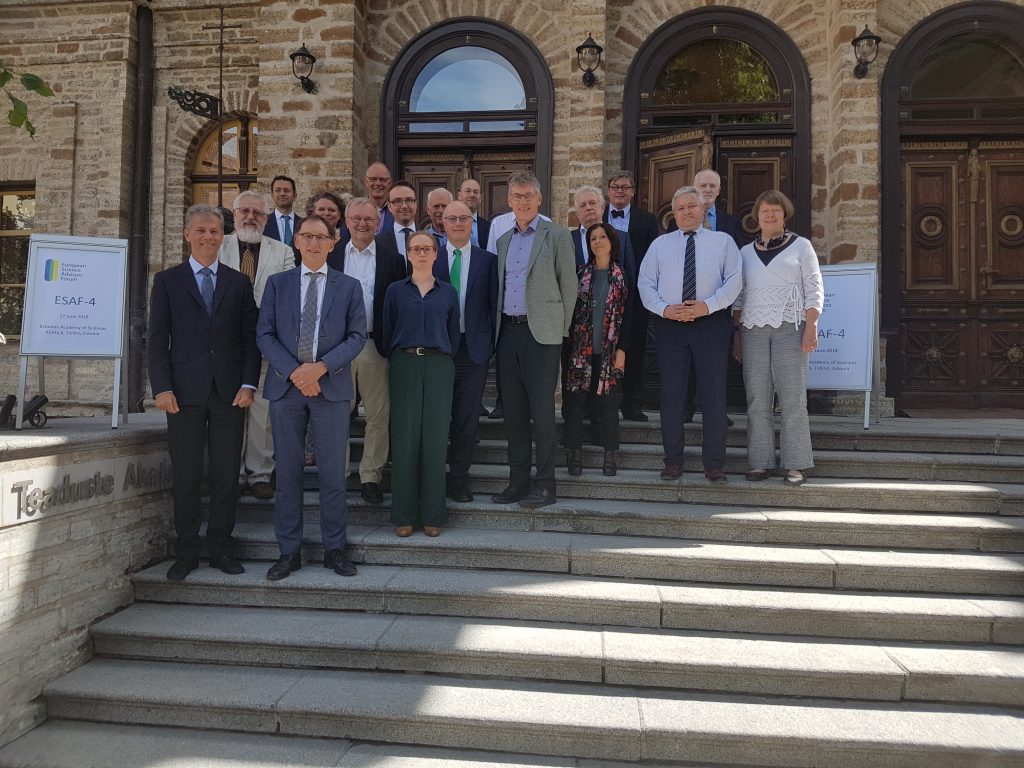The 10th ESAF General Assembly took place on 6 November in Rome and was hosted at the headquarters of the National Research Council of Italy. The assembly was widely attended by members and associate members from 23 EU countries, including representatives of the European Commission.
ESAF President Maria Chiara Carrozza, Member for Italy, presented the annual report on institutional activities, which also included the key passage of the drafting and formal approval of a new Statute. This achievement was the result of the efforts of an internal working group closely supported by the ESAF Secretariat. Members also appreciated the significant result of the increase in the number of delegates nominated from EU countries, most of whom attended the Assembly.
The Assembly also proceeded with the election of two members of the Committee, the internal coordination body introduced by the new statute that should function as the driving force behind all future initiatives. After a brief presentation of the candidates, the Assembly elected Mădălin Bunoiu, ESAF Member for Romania, and Lucian Brujan, Permanent Representative for Germany.
Alessandro Allegra from the European Commission described the activities carried out with regard to the development of the Scientific Advice Mechanism (SAM), exploring in depth the possibilities of interaction and synergy with ESAF.
The Assembly concluded with a wide-ranging discussion on the planning of future activities and the possible establishment of internal working groups dedicated to specific aspects of scientific advice, taking a lesson from the most recent tragedies that struck Europe, particularly those related to the consequences of climate change.
ESAF Annual Meeting 2024, 6 November, Rome



